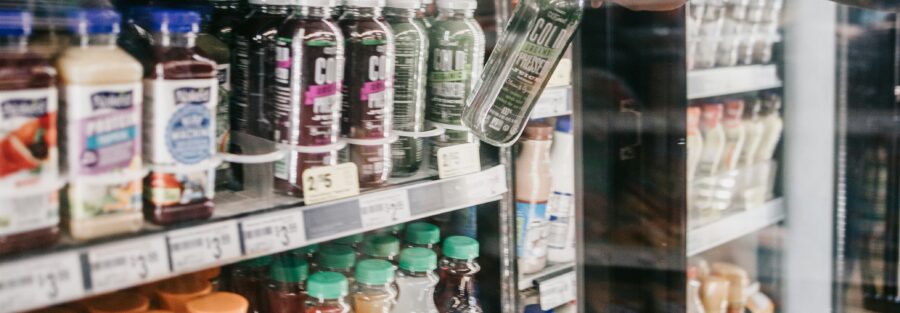Running a grocery store means managing hundreds of perishable items daily—from fresh produce to dairy, frozen foods, and specialty meats. But what happens when a sudden power outage or refrigeration breakdown ruins your inventory? For grocery store owners in California and across the USA, spoilage insurance is more than an add-on—it’s a vital layer of protection.
If you’re searching for affordable grocery store insurance in California or evaluating your current policy, understanding spoilage coverage is essential for reducing financial risk.
What Is Spoilage Insurance?
Spoilage insurance covers the cost of inventory loss due to spoilage caused by:
- Mechanical or equipment failure (e.g., broken refrigerators or freezers)
- Power outages
- Utility service interruptions
- Natural disasters (when included under broader coverage)
This type of policy reimburses your business for perishable goods that are no longer fit for sale, helping you recover quickly and avoid major financial setbacks.
Keywords Used:
- grocery store spoilage insurance
- perishable goods insurance grocery
- food spoilage insurance for supermarkets
- small business insurance California
Why Spoilage Insurance Matters for Grocery Stores
Unlike many retail stores, grocers rely on maintaining cold chain systems and refrigeration 24/7. A short disruption—just a few hours—can result in thousands of dollars in spoiled inventory. Without spoilage coverage, you’ll have to absorb the cost yourself.
In cities like Los Angeles, San Diego, and Sacramento, where weather conditions, energy blackouts, or aging infrastructure can impact power reliability, spoilage claims are becoming more common.
Whether you run a small ethnic grocery shop or a full-scale supermarket, the risk of refrigeration failure is real—and often unpredictable.
Real-World Example
Imagine a grocery store in San Jose loses power overnight due to a transformer issue. By morning, the meat, dairy, and frozen food sections are unusable. Without spoilage insurance, the store owner would be responsible for replacing everything—out of pocket.
But with grocery store spoilage coverage, they can file a claim and recover inventory costs, helping them restock and reopen with minimal downtime.Is Spoilage Insurance Included in Your Policy?
Spoilage insurance is not always included in standard grocery store property insurance or general liability policies. However, it can often be bundled into a Business Owner’s Policy (BOP) or added as an endorsement.
If you’re already carrying a BOP or grocery store commercial insurance in California, ask your provider whether spoilage is included—and if not, how to add it.
Explore BOP options here:
👉 BOP Insurance for California Grocers
How Much Does Spoilage Insurance Cost?
The cost of spoilage insurance depends on:
- Inventory value (perishables like meat, seafood, and dairy)
- Location (power grid reliability, weather risk)
- Size of store and refrigeration units
- Claims history
On average, California grocers pay between $250 to $1,000 per year for spoilage coverage—but this small investment can save tens of thousands in product loss.
Final Thoughts: Protect Your Inventory and Reputation
Spoilage not only impacts your finances—it can damage your store’s reputation. Customers expect fresh, safe, and high-quality goods. Any disruption in your cold chain puts that trust at risk.
By adding spoilage insurance to your grocery store insurance policy, you can:
- Avoid major inventory loss
- Maintain business continuity
- Safeguard your brand reputation
- Stay compliant with local food safety regulations
At Western Insurance, we help grocers across California and the USA tailor insurance packages that include spoilage protection, liability coverage, and equipment breakdown insurance.

